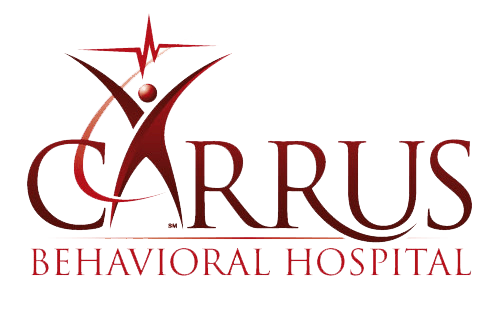
We all face moments that challenge our mental resilience, some of them leading to feelings of sadness or despair. When these feelings persist, it might be a sign of depression—a condition that affects many, yet often remains shrouded in silence. It is essential to grasp the profound influence that depression can exert on your life and the lives of those in your circle and when to seek help for depression.
Let’s discuss the importance of seeking help for depression from a professional mental health therapist, which can help light the path toward healing and recovery.
Understanding Depression
Depression is more than just a fleeting sadness. It is a medical condition that affects your:
- Mood
- Thoughts
- Body
- Behavior
It can lead to a variety of emotional and physical problems, hindering your ability to function at work and home.
Signs of Depression
Recognizing the signs of depression is the first step toward seeking help. These can include:
- A persistent feeling of sadness
- Loss of interest in activities once enjoyed
- Changes in appetite or weight
- Difficulty sleeping
- Feelings of worthlessness
The Role of Professional Care
Seeking professional help for depression is a crucial step in the journey towards recovery. Your provider will offer support, understanding, and expert care.
Here is why professional mental health care is vital:
Expert Diagnosis
Depression is a complex condition with various underlying causes, including genetic, biological, environmental, and psychological factors.
Professional healthcare providers are equipped with the knowledge and tools to accurately diagnose depression, distinguishing it from other conditions with similar symptoms.
Personalized Treatment Plans
Each individual’s experience with depression is unique. Professional care offers personalized treatment plans tailored to meet your specific needs. These plans may include:
- Medication
- Therapy
- Lifestyle changes
It can also be a combination of treatments, ensuring a holistic approach to recovery.
Support and Guidance
Navigating the path to recovery from depression can feel overwhelming. Professional healthcare teams offer not just treatment but also guidance, education, and emotional support.
You are not alone in this journey. Together, you and your provider can work toward overcoming the challenges posed by depression.
Continuous Care and Monitoring
Recovery from depression is an ongoing process. Professional healthcare providers offer continuous care and monitoring. This includes:
- Adjusting treatment plans as needed
- Providing support through every step of your journey toward wellness
When to Visit a Therapist for Depression
Recognizing when it is time to seek the support of a therapist for depression is a critical step on the path to recovery.
Here are some signs that indicate it might be time to visit a mental health provider:
Persistent Feelings of Sadness or Hopelessness
If you find yourself overwhelmed by feelings of sadness or hopelessness that do not seem to go away, it is important to recognize this as a sign that professional help may be needed.
These emotions can be debilitating and are a core symptom of depression.
Loss of Interest in Activities
When activities or hobbies that once brought joy no longer seem appealing, it could be an indication of depression.
A therapist can help you understand these feelings and work with you to rediscover pleasure in life.
Changes in Sleep Patterns
Experiencing significant changes in your sleep patterns can be a sign of depression, whether it is:
- Difficulty falling asleep
- Having a hard time staying asleep
- Sleeping too much
Therapy can address these issues, helping you develop healthy sleep habits.
Difficulty Concentrating
Depression can make it hard to focus, remember things, or make decisions.
If you are noticing a decline in your ability to concentrate at work or in daily activities, it might be time to seek the guidance of a therapist.
Changes in Appetite or Weight
Significant weight loss or gain without trying can be a symptom of depression. A therapist can help explore underlying issues and provide support for healthier eating habits.
Feelings of Worthlessness or Guilt
Harboring intense feelings of worthlessness or guilt over perceived faults or mistakes is common in depression.
Therapy provides a safe space to express these feelings and work toward a more positive self-view.
Thoughts of Death or Suicide
If you are experiencing thoughts of death or suicide, it is crucial to seek help immediately.
A therapist can offer support and strategies to cope with these thoughts, ensuring you are not alone in this struggle.
Substance Use
Turning to alcohol or drugs as a way to cope with feelings or to “feel better” can be a sign that professional help is needed.
Therapy can address the root causes of substance use and guide you toward healthier coping mechanisms.
Remember, seeking help is a sign of strength, not weakness. With the right support and treatment, recovery is within reach.
The Best and Most Compassionate Therapist Near Me in Sherman, TX
At Carrus Behavioral Health Hospital, we are committed to providing compassionate, professional, and dedicated care. We believe in the importance of teamwork, respect, integrity, and excellence in service. If you or someone you love is struggling with depression, we encourage you to reach out for treatment or counseling near you.
If you have any questions about our services, call our helpful staff today at (903) 870-1222. Our team of highly skilled and compassionate healthcare providers will make sure to give you the care you deserve. Let us be your partner in health every step of the way.
We look forward to serving you!

